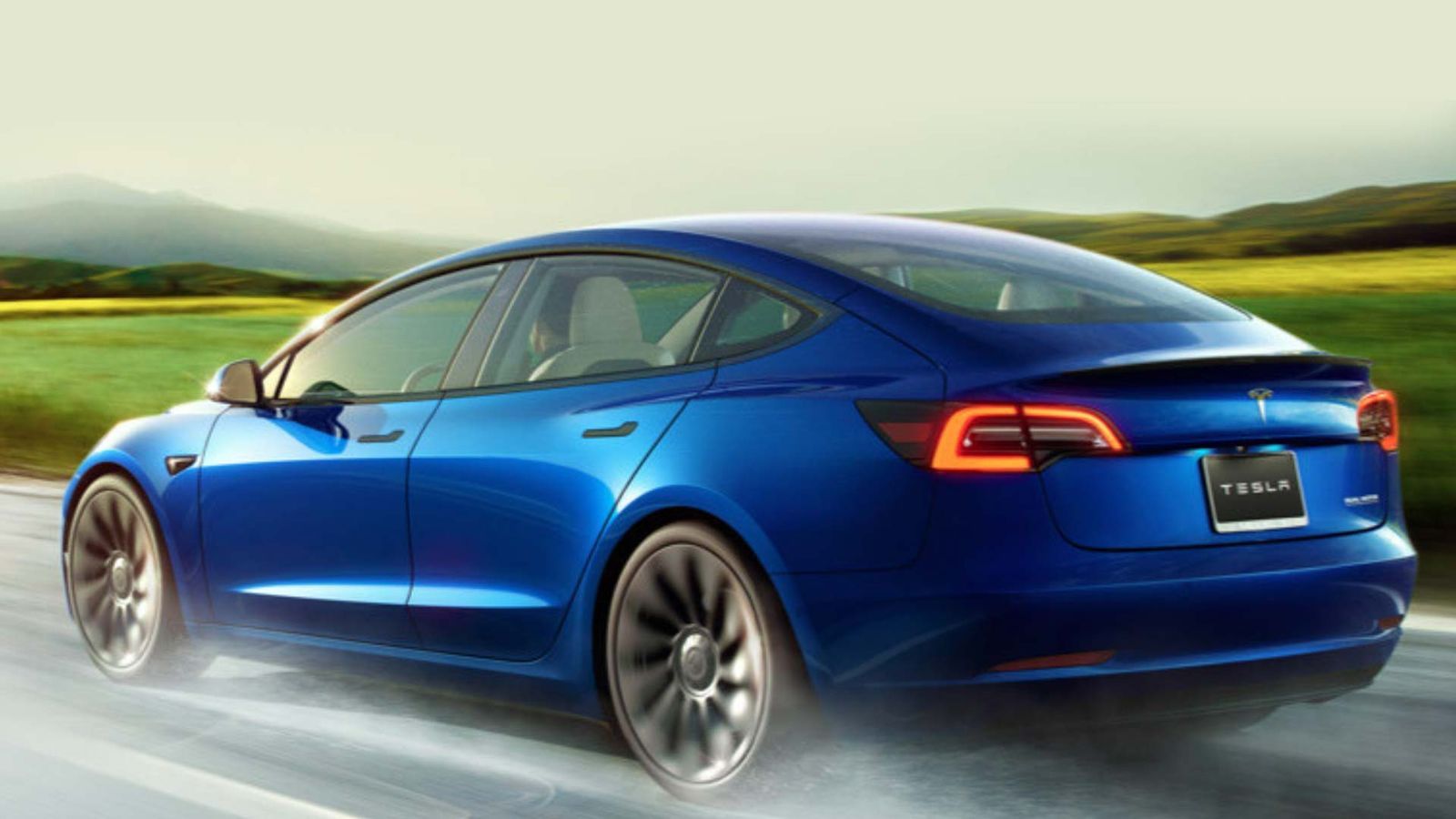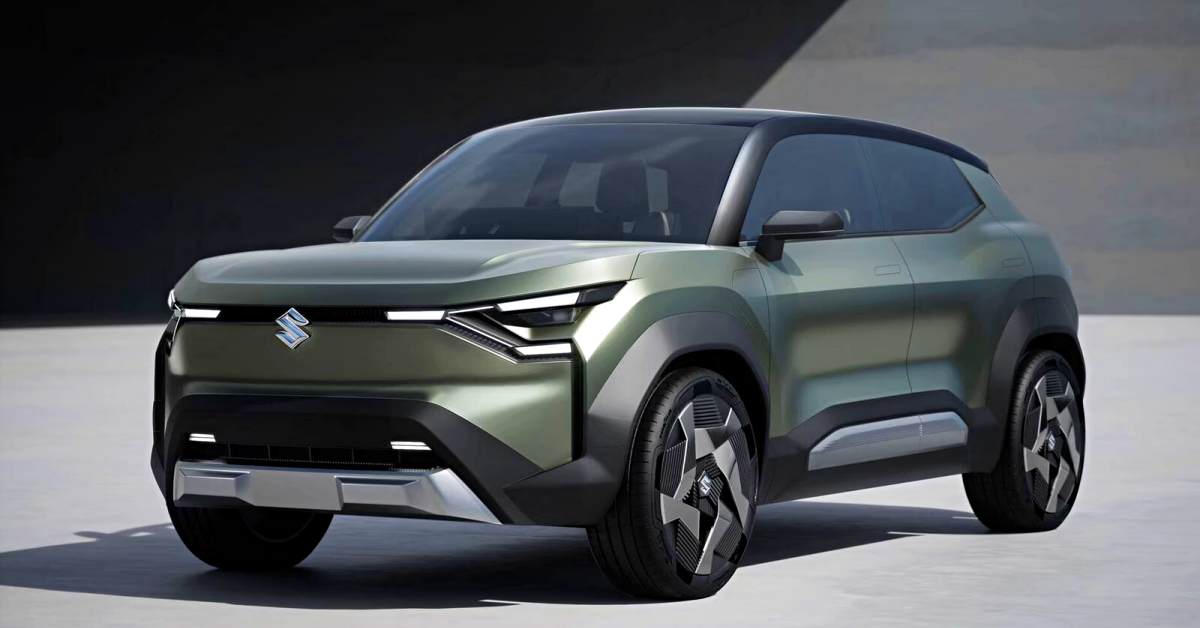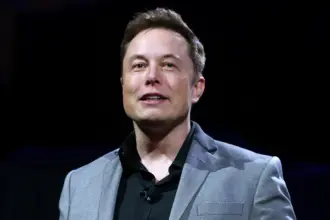Tesla’s Model 3 generates ongoing interest in India. The car’s potential price point remains a key question. Import duties and local production plans significantly impact the final cost. Currently, Tesla does not sell the Model 3 in India.
Speculation suggests a price range between ₹60 lakh and ₹80 lakh. This figure depends heavily on government policies. India’s high import duties on electric vehicles (EVs) contribute to the elevated cost. Cars imported as completely built units (CBUs) face substantial taxes.
Discussions regarding local production have occurred. Tesla explored potential factory locations. Talks with government officials addressed incentives and infrastructure. No official announcement confirms a manufacturing plant. This lack of local production forces reliance on imports.
Import duties vary based on the car’s cost, insurance, and freight (CIF) value. Cars with a CIF value above $40,000 face higher duties. This directly impacts the Model 3’s price. The government’s stance on EV imports influences Tesla’s market entry strategy.
Consumer interest in Tesla remains high. Online forums and social media platforms feature discussions about the Model 3. Potential buyers seek clarity on pricing and availability. The lack of official information contributes to uncertainty.
India’s EV market is growing. Government initiatives promote EV adoption. However, high prices remain a barrier for many consumers. Tesla’s pricing strategy must address this challenge.
The Model 3’s features appeal to tech-savvy consumers. The car’s range, performance, and technology attract attention. Features include Autopilot, a sophisticated driver-assistance system. The car’s minimalist interior and large touchscreen also draw interest.
Tesla’s Supercharger network is a critical component of its infrastructure. The company’s ability to establish a charging network in India affects the Model 3’s viability. Charging infrastructure development is essential for EV adoption.
Government policies on charging standards and infrastructure development play a role. The Bureau of Indian Standards (BIS) sets standards for EV charging. Tesla must comply with these standards.
The Indian automotive market is price-sensitive. Consumers prioritize value for money. The Model 3’s price must align with consumer expectations. Competition from other luxury EV brands also influences Tesla’s pricing strategy.
Several luxury EV brands already operate in India. These brands offer models in similar price ranges. Tesla faces competition from brands like Mercedes-Benz, BMW, and Audi. These brands introduce their own electric models.
Tesla’s direct-to-consumer sales model differs from traditional dealerships. This model allows Tesla to control the customer experience. However, it requires significant investment in service centers and infrastructure.
Service and maintenance costs also influence consumer decisions. Tesla must establish a reliable service network to support its vehicles. The availability of spare parts and trained technicians is essential.
The Indian government’s “Make in India” initiative encourages local manufacturing. Tesla’s decision to produce cars in India would align with this initiative. Local production could reduce costs and create jobs.
The global supply chain also impacts Tesla’s operations. Semiconductor shortages and logistical challenges affect production and delivery. These issues influence the availability of the Model 3 in India.
Tesla’s brand recognition is strong in India. The company’s reputation for innovation and technology attracts consumers. However, brand recognition does not guarantee sales. Pricing and availability remain critical factors.
The Indian rupee’s exchange rate affects import costs. Fluctuations in the exchange rate impact the final price of the Model 3. Currency volatility creates uncertainty for importers.
Tesla’s entry into the Indian market requires careful planning and execution. The company must navigate regulatory challenges and market dynamics. The Model 3’s success depends on its ability to address these factors.



















